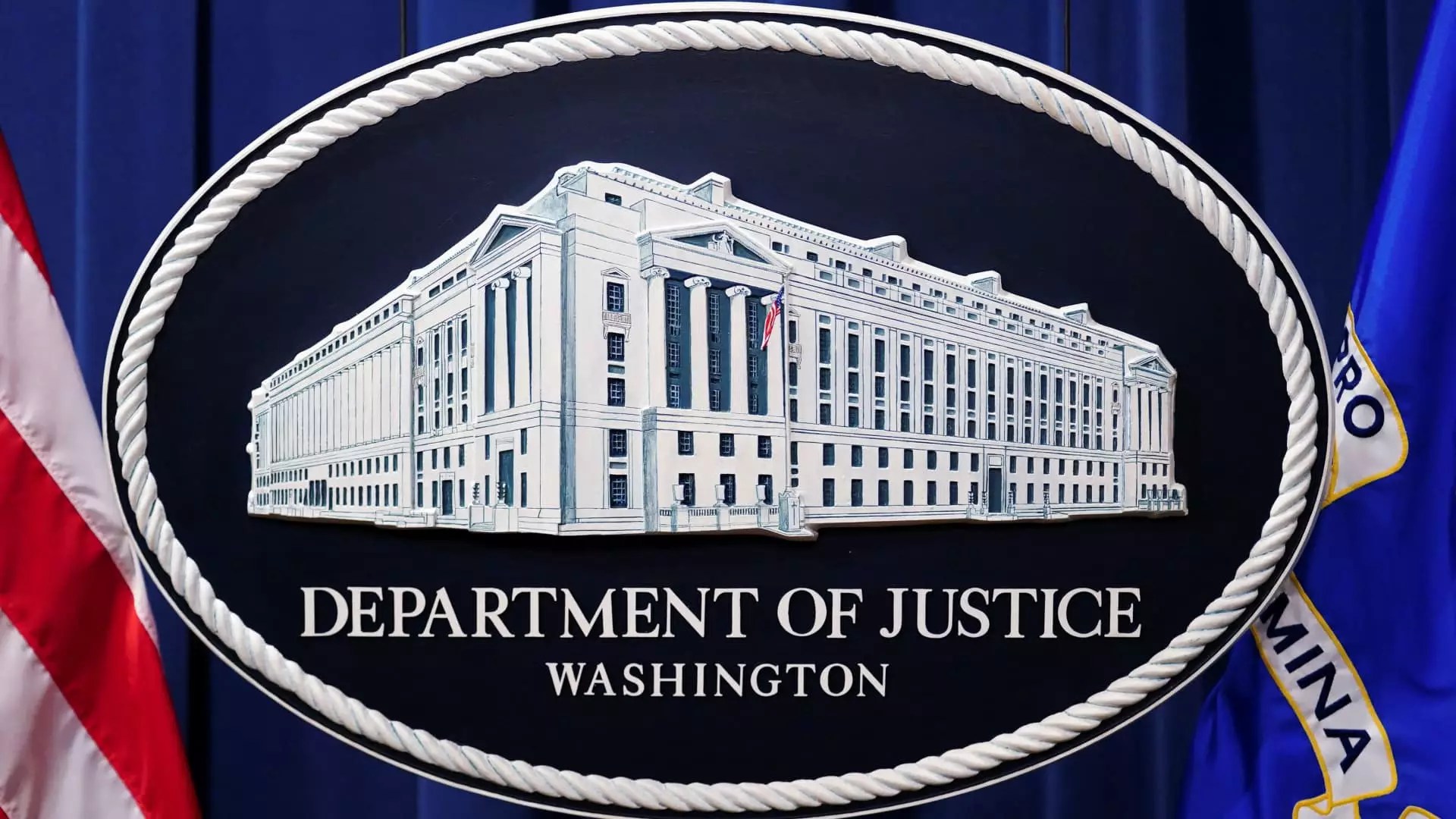In an era where technological innovation continually reshapes our financial landscape, it is increasingly evident that not all that glitters is gold. The recent indictment of two men linked to the OmegaPro scheme reveals how easily even savvy investors can fall prey to elaborate façades of legitimacy. Promising astronomical returns—300% in just over a year—they played on dreams of quick financial freedom. Yet, beneath their polished social media personas lay a brutal reality: a multi-layered pyramid scheme designed solely to enrich a select few at the expense of thousands. This incident underscores a fundamental flaw of modern capitalism—that unchecked ambition and greed can distort trust, blinding even seasoned investors to inherent risks.
The Promises Versus the Harsh Reality
OmegaPro’s marketing strategy was carefully crafted to create an aura of exclusivity and prosperity. Flaunting wealth—such as displaying the company’s logo on Dubai’s iconic Burj Khalifa—they fostered an image of legitimacy and success. They claimed to be connecting ordinary individuals to foreign exchange traders managing their investments with cutting-edge technology. In reality, this was a carefully orchestrated lie. The scheme operated on the classic pyramid model: new funds financed payouts to earlier investors, with little regard for actual trading or transparency. When adversity struck—allegedly through a hacked platform—the so-called leaders resorted to deception, claiming funds were transferred elsewhere, leaving victims with no recourse. This pattern of false promises, followed by evasion and deception, exemplifies the dangerous facade many modern scams rely on to lure unwary investors.
The Fallibility of Regulatory Oversight and the Need for Vigilance
While authorities have responded robustly—charging the principal operators and leading a multinational investigation—the incident reveals systemic vulnerabilities. Cryptocurrency, though revolutionary, remains a largely unregulated frontier that facilitates criminal activity. The allure of high returns and the anonymity afforded by these digital assets make them perfect tools for deceit. It is not wrong to innovate; however, the failure lies in regulatory lag and insufficient investor education. Investors, often motivated by greed or desperation, are seduced by the illusion that crypto investments are inherently safe. In the long run, a balanced approach that fosters innovation while enforcing stringent oversight can help prevent the recurrence of such tragedies.
A Critical Reflection on Modern Financial Practices
From a pragmatic conservative perspective, the OmegaPro scandal highlights the danger of unbridled enthusiasm for new financial instruments without appropriate safeguards. The human tendency to chase easy wealth must be tempered with prudent skepticism and due diligence. Governments and regulators should prioritize creating clear frameworks that discourage exploitation while encouraging responsible innovation. The allure of social media mega-events and public displays of wealth must be scrutinized, as these are often the most visible signs of schemes built on false premises. Ultimately, fostering a financial environment that values transparency, regulation, and investor education will be instrumental in resisting future schemes that threaten the stability of honest markets.
The OmegaPro saga serves as a stark reminder that the promise of quick riches often comes at a steep cost. While technological advances offer new avenues for growth, they also invite unprecedented risks—risks that can turn into monumental losses for unwary investors. It is imperative that society remains vigilant and critical, ensuring that innovation serves the public good rather than becoming a cover for fraud and exploitation.


Leave a Reply